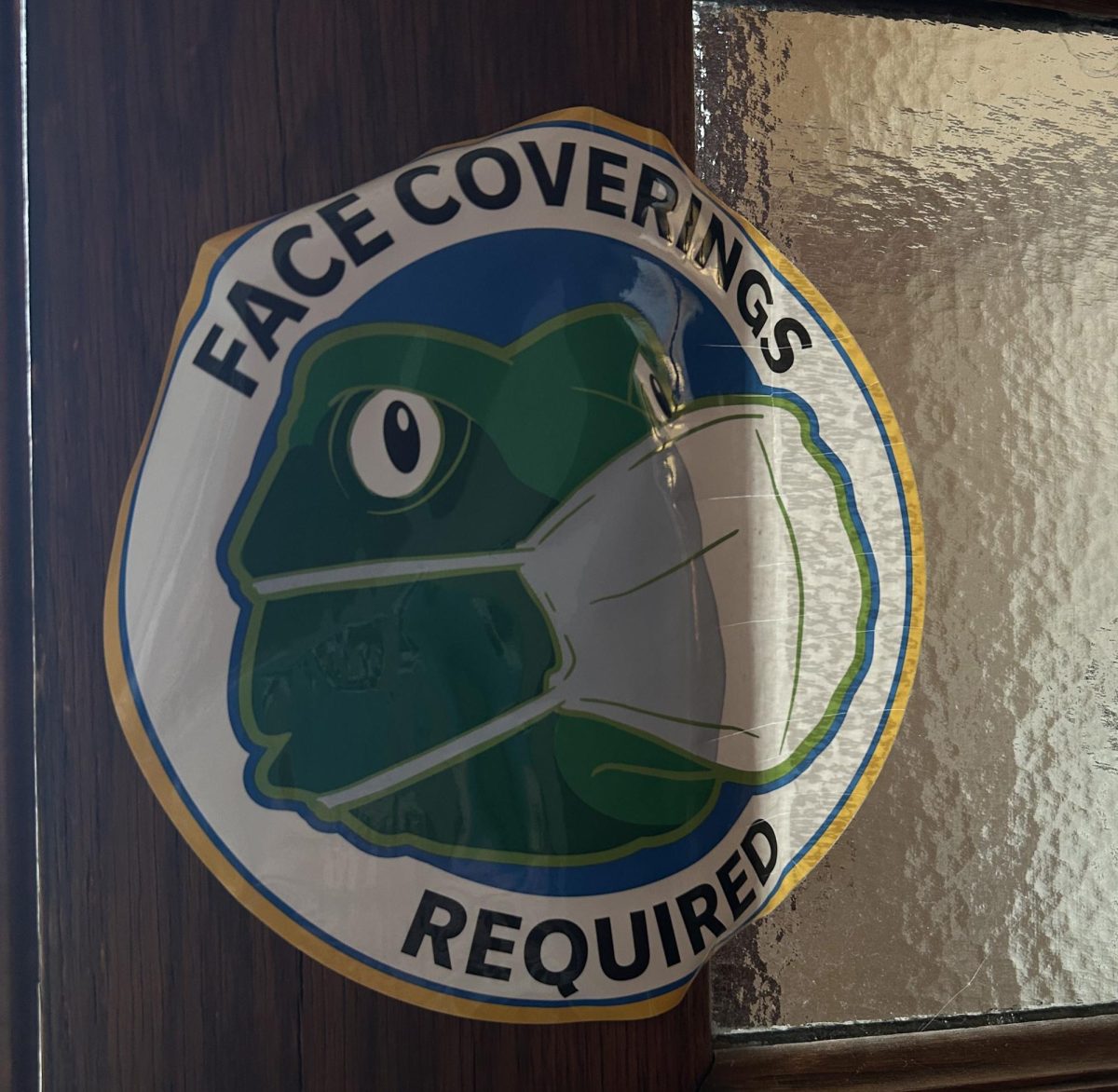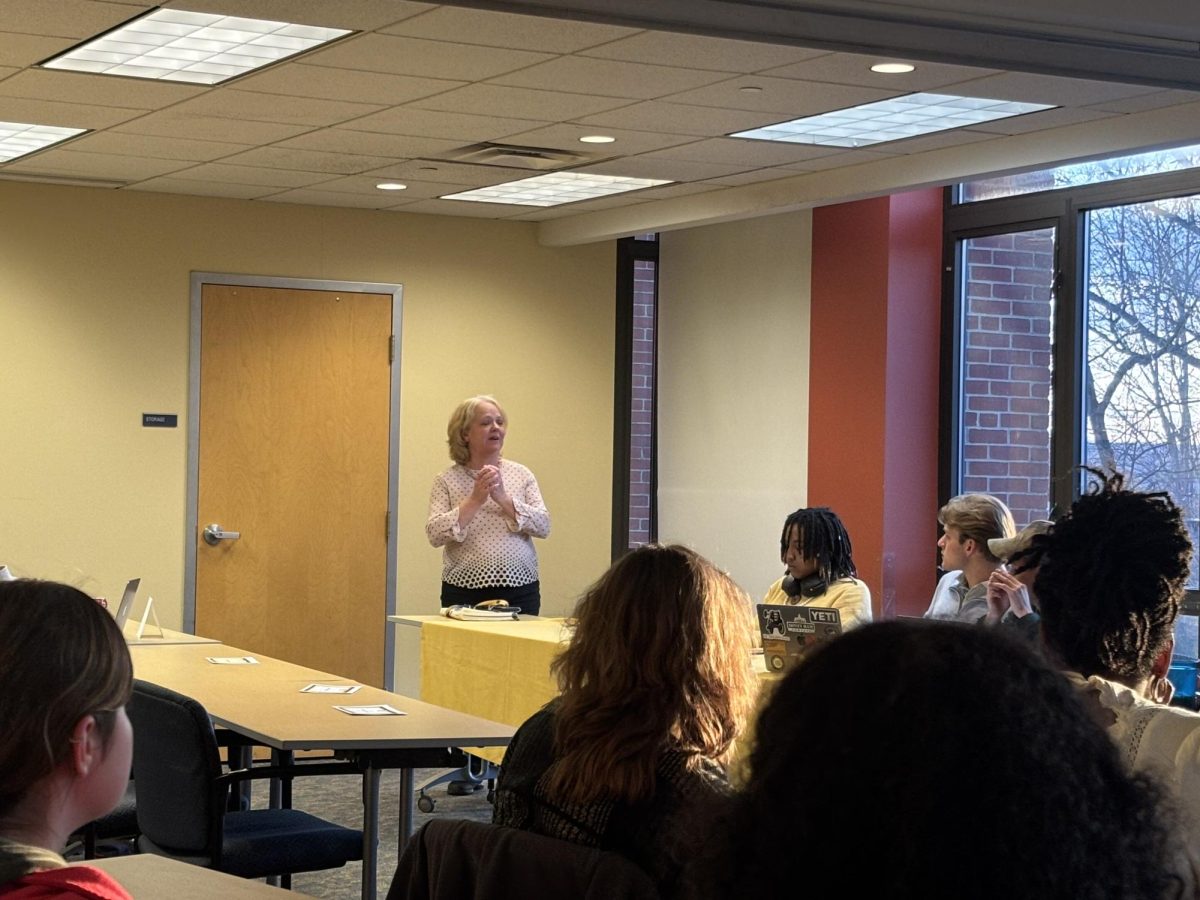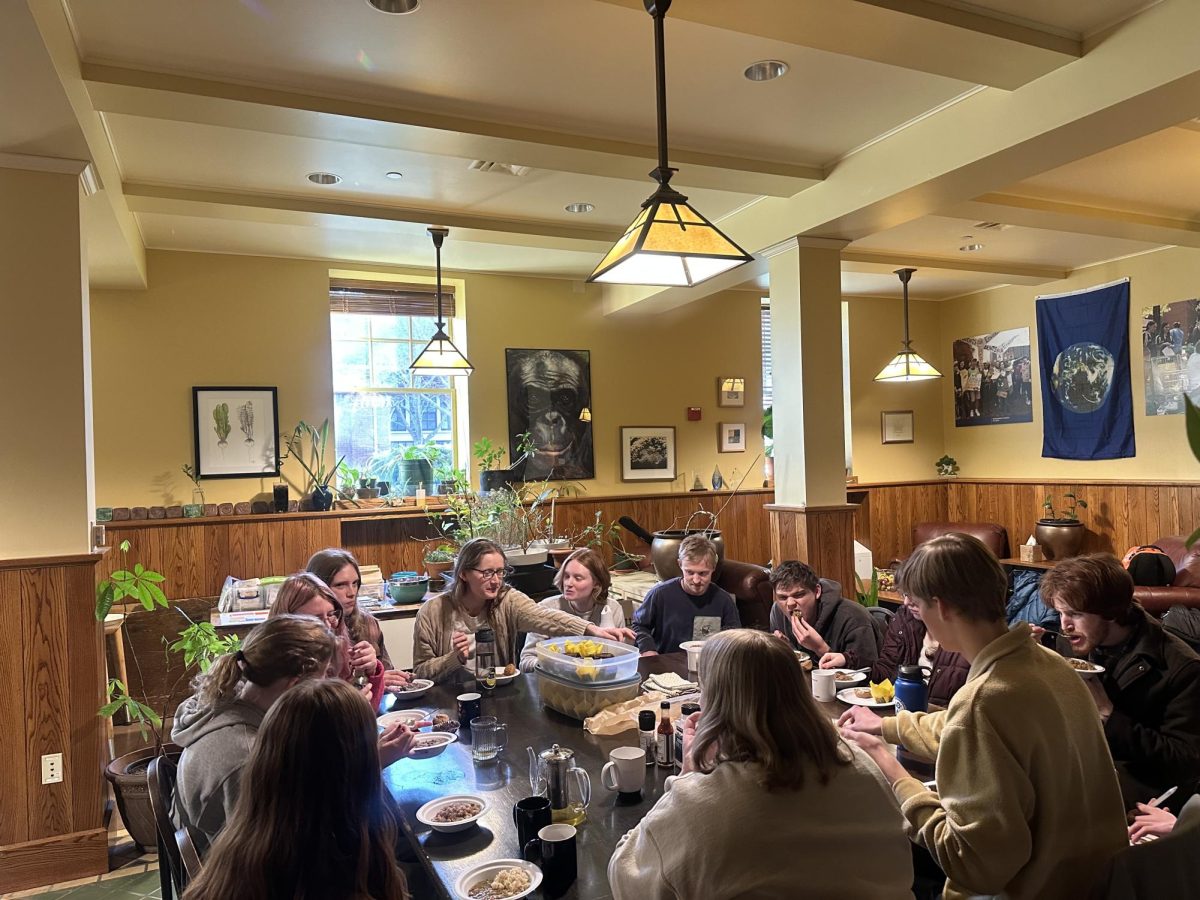By LIAM CROSSEY
Staff Writer
crosseyl@allegheny.edu
The Bousson Advisory Group recently released its findings “Report to Trustees: Shale Gas Development and the Bousson Environmental Research Reserve,” detailing their findings surrounding hydraulic fracking and the Utica shale reserve.
During the summer of 2012, Allegheny College was approached by two landowner groups, CX Energy and Western Pennsylvania Gas Leasing Consultants, LLC, to sign with their respective groups due to the increasing possibility that natural gas may be found in our region. The landowner groups wanted the school’s land to be a part of their own collection of lands.
Then, the landowner groups can compete with oil and gas companies on a united front. They are competing for the oil and gas companies’ attention and desire to drill and extract oil and natural gas from their own land. The college was told that the landowner group would have an interested oil and gas company to negotiate leases with by the end of 2012 or early 2013. The landowner group did not find a company by the stated deadline and interest has declined in the land.
The Bousson Advisory Group was formed by President Mullen last year to help the Board of Trustees and school officials make a decision in regards to the potential Utica shale natural gas that may be found beneath the Bousson Environmental Research Reserve. The group also connects with the greater Allegheny community. The Advisory Group’s main goals are to facilitate fact finding on the impacts of hydraulic fracking, to collect feedback and share it with the rest of the campus community, and to gather as much information as possible in order to properly inform both the Board of Trustees and the Allegheny campus community.
Last year, the Bousson Advisory Group was tasked with the job of assembling as much information as possible about the drilling of possible natural gas under Bousson. The group has been charged with the responsibilities of finding necessary facts, of communicating the facts to the campus community, facilitating the discussion and the education that takes place on campus, and reporting their findings and the community’s feedback back to the college’s executives as well as to the Board of Trustees.
However, interest in the possible Utica shale underneath Allegheny’s Bousson Environmental Research Reserve has waned. The Bousson Advisory Website states “At the time of this report’s release, November 2013, no leasing consultants, seismic testers, or oil and gas companies are at our door with a specific proposal that begs a decision.”
Allegheny is a national leader in campus sustainability and many have questioned why the college has not adapted a strict anti-drilling stance. However, others have stated that the school would be foolish if it did not at the very least investigate the possibilities of new income from leasing Bousson.
The Board of Trustees and school administrators will make a decision based on four factors: the economics of the deal, the environmental impacts, the reputation of the institution and the teaching and learning implications.
Economics Professor Stephen Onyeiwu explained the economic side of the deal. He said that the Advisory Group looked at previous communities who have been impacted by the economic boom of natural gas drilling. Onyeiwu said that there are many different effects that an economic boom would have on a community such as Meadville. While the gas and oil is being drilled, “the bars would be filled, tax revenue would increase, and the hotels would be full. But when all of that goes away, the community has to know how to handle the transition properly.”
Professor Onyeiwu also talked about the effect the drilling and companies would have on the jobs in the area. The gas companies would be recruiting from the companies here, in Meadville. Onyeiwu said that a worker making $10 an hour as a part of a secure, long-term job may be enticed to take a job that pays $20 an hour. But positions at a gas company are not permanent. In a year or two when the gas company moves on, workers are jobless and cannot always go back to previous positions. Onyeiwu explained that companies shut down because of this enticing yet short-term offer to the employees.
Garret Devenney, ’16, biology major and global health minor, first became involved with the advisory group when he applied for the position of Director of Environmental Affairs with Allegheny Student Government.
“ASG passed a resolution, where they voted on it,” Devenney said. “They voted with a majority decision against fracking on Bousson.”
Devenney, who is taking over the student representative position of the Advisory Board from Brian Anderson, ’13, said that there is a lot of detail in each section of the report compiled by the Board.
Professor of Biology Scott Wissinger thinks that the interest in the natural gas will pick back up.
“It typically does so seasonally and will come back around in the future as the price of natural gas, wet gas, and oil fluctuate,” Wissinger said. “All are found at different geographic locations in the Utica Shale.”
Kelly Boulton, sustainability coordinator, explained that the group is not very hierarchal. All of the members of the group take responsibility of a section of the report and the fact finding. One of Boulton’s responsibilities as a leader of the group is to serve as a direct liaison between the administrators and the trustees.
Boulton, ’02, feels a lot more invested in the decision.
“Being an alum helps her care deeply about the future and direction of the group,” Boulton said. Boulton said that since interest has waned, it will probably not be necessary for the campus to host evening talks with the groups. However, Boulton said “We do not want to let the issue completely die in case this comes up five, 10, 15 years from now.”










